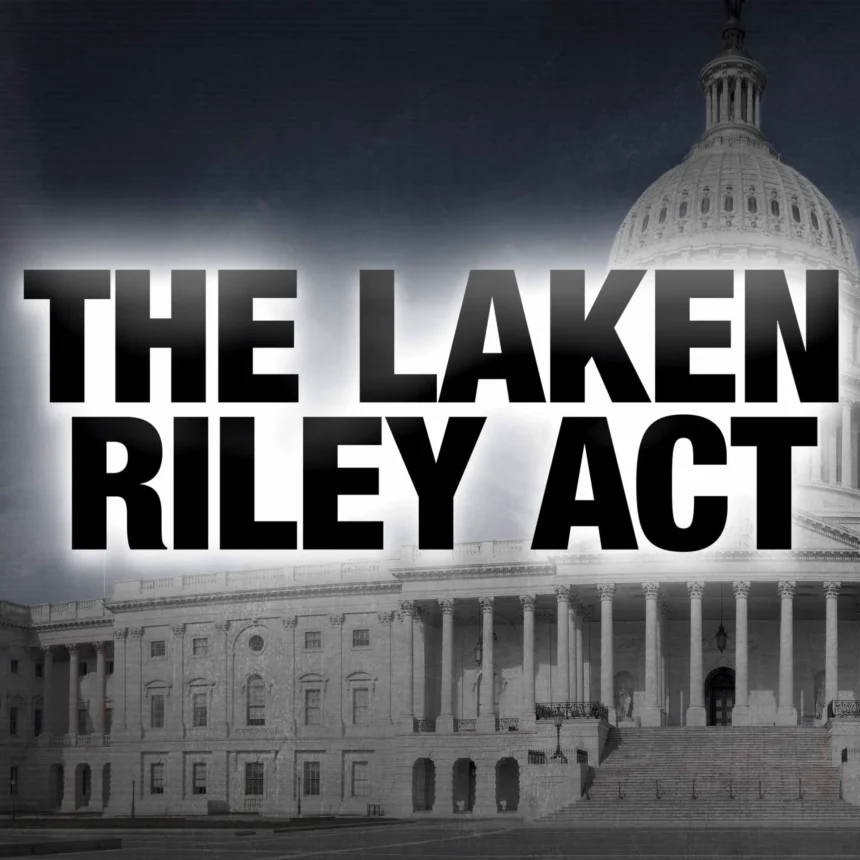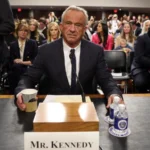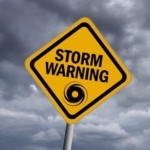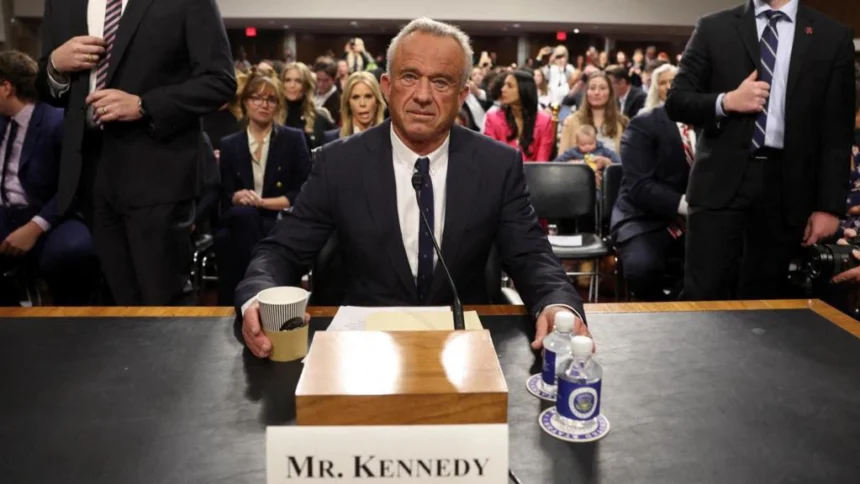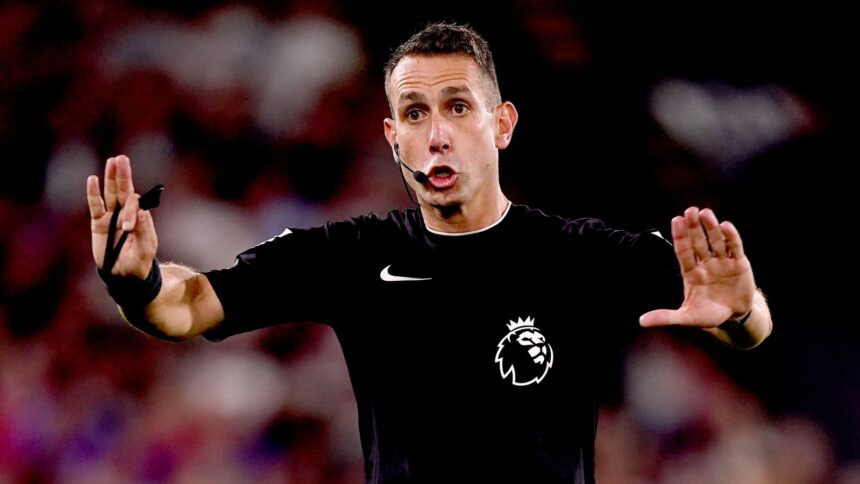When it comes to the world of politics, there are few topics that spark as much polarizing discussion as immigration. And now, at the core of the conversation is the Laken Riley Act, which has quickly become a lightning rod for debate. Passed as the first significant piece of legislation during President Donald Trump’s second term, this contentious new law has left people across America talking, questioning, and, in some cases, protesting.
So, what exactly is the Laken Riley Act? What makes it so significant? And why has it begun to reshape immigration debates nationwide? Let’s break it all down together.
What is the Laken Riley Act and Why Was It Created?
You may be wondering: who was Laken Riley, and why does this law bear their name?
Laken Riley was a college student whose tragic death—allegedly at the hands of an undocumented immigrant with a criminal record—sparked outrage across the country. The incident became a flashpoint in immigration debates, especially among those advocating for tougher policies. This tragedy led to the creation of the law now bearing Riley’s name, with proponents rallying around it as a step toward justice.
The bill wasn’t an overnight process. Its journey through Congress spanned several months of heated debates, compromises, and revisions. But in January 2023, the act finally passed, marking Trump’s first major legislative achievement of his second term. Depending on who you ask, the bill either represents a win for public safety—or a troubling overreach with far-reaching consequences.
What Does the Laken Riley Act Do?
On paper, the Laken Riley Act focuses on addressing crime and public safety by introducing stricter measures targeting undocumented immigrants accused of certain offenses. But what does that look like in practice? Let’s take a closer look at its key provisions:
| Provision | Key Details |
|---|---|
| Mandatory Detention | Requires undocumented immigrants accused of specific crimes to be detained until their trial. |
| Expanded Offense List | Broadens the list of offenses—ranging from violent crimes to non-violent felonies—covered by the act. |
| State Attorneys General Powers | Grants state attorneys general broader authority to enforce immigration laws alongside federal agencies. |
While supporters argue these measures enhance accountability and protect public safety, critics worry about the potential for abuse, overreach, and unintended consequences.
A Bipartisan Achievement—or a Divisive Policy?
Interestingly, the Laken Riley Act managed to gain notable bipartisan support in Congress. While immigration has long been a political battleground, nearly half the Democratic senators voted in favor of the bill. So, what gives?
For many Democrats, the decision boiled down to political pragmatism. Supporting the Laken Riley Act allowed them to signal a commitment to public safety, especially leading up to an election year. However, it wasn’t without its skeptics—even within their own party. Many progressive Democrats openly criticized the move, calling it a betrayal of immigrant communities and warning about its broader implications for civil rights.
This split in opinion reflects the wider public mood as well. Recent polls show that while 58% of Americans support the act on public safety grounds, 37% fear it infringes on constitutional and human rights.
Why Is the Act So Controversial?
At the heart of the debate are concerns about how the act balances safety and justice. Here’s a breakdown of some of the loudest criticisms leveled against the Laken Riley Act:
- Constitutional Rights: Opponents argue the law could lead to the violation of due process rights, pointing out how mandatory detentions blur the line of “innocent until proven guilty.”
- Potential for Mass Detentions: The expanded offense list includes non-violent crimes, which many worry could lead to the detention of immigrants for relatively minor infractions.
- Resource Strains: The law lacks explicit funding provisions, leaving state and local governments scrambling to accommodate the additional costs. Immigration and Customs Enforcement (ICE) has already expressed concerns about their capacity to enforce the act without major operational delays.
Simply put, while the law’s intent may seem straightforward, the reality of its implementation is shaping up to be anything but smooth.
Wider Implications: Where Does This Leave Immigration Policy?
On a broader level, the Laken Riley Act is shaping the direction of Trump’s immigration agenda, aligning closely with his long-standing promises for stricter enforcement. What could this mean for future policies?
- Border Policies: Experts expect the act to reinforce tougher U.S.-Mexico border measures, with increased scrutiny on asylum seekers.
- Legal Challenges: Immigration advocates and legal scholars are already preparing constitutional challenges, which could delay implementation or reshape the law’s provisions.
- Economic Impact: If mass detentions increase, experts warn of the potential strain on courts, detention facilities, and local economies.
It’s a domino effect, and the ripples are just starting to show.
What’s the Public Saying?
Like most policy debates, the Laken Riley Act has divided public opinion. On one hand, conservative groups have championed the law as a victory for public safety, praising its no-nonsense approach to deterring crime. On the other, immigrant rights advocates have organized protests, calling it a thinly veiled attack on vulnerable communities.
Social media, unsurprisingly, is a hotbed of discussion. Hashtags like #LakenRileyAct and #JusticeForAll have trended on platforms like Twitter, with activists, lawmakers, and everyday citizens chiming in. The mix of outrage, support, and nuanced takes reflects just how complicated this issue truly is.
So, What Next?
The Laken Riley Act has officially put immigration policy back on the front burner—and this is likely just the beginning. With potential legal battles, logistical challenges, and the 2024 election cycle looming, the act’s long-term impact remains uncertain.
What’s clear, though, is that the bill underscores America’s ongoing struggle to find a balance between security, justice, and humanity—a balancing act that involves all of us.
If nothing else, the Laken Riley Act is a reminder to stay informed and engaged. Policy debates like these are not just theoretical; they have real consequences for communities, families, and futures. So, let’s keep the conversation going—and strive to make sense of the complexities together.
What do you think about the Laken Riley Act? Share your thoughts in the comments! Whether you’re for, against, or still figuring it out, we’d love to hear your perspective.
This post features insights from sources including The Washington Post, Pew Research Center, and NPR.





